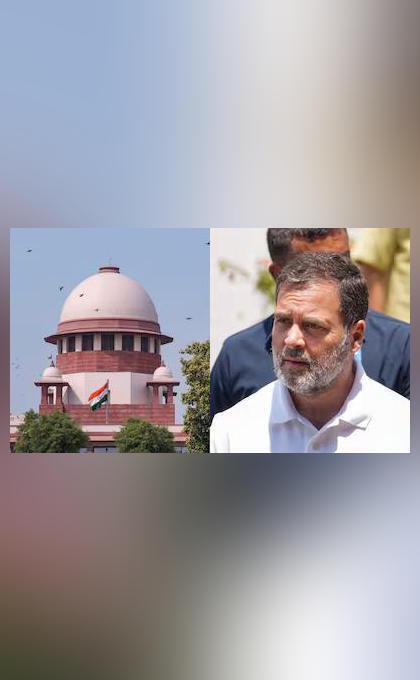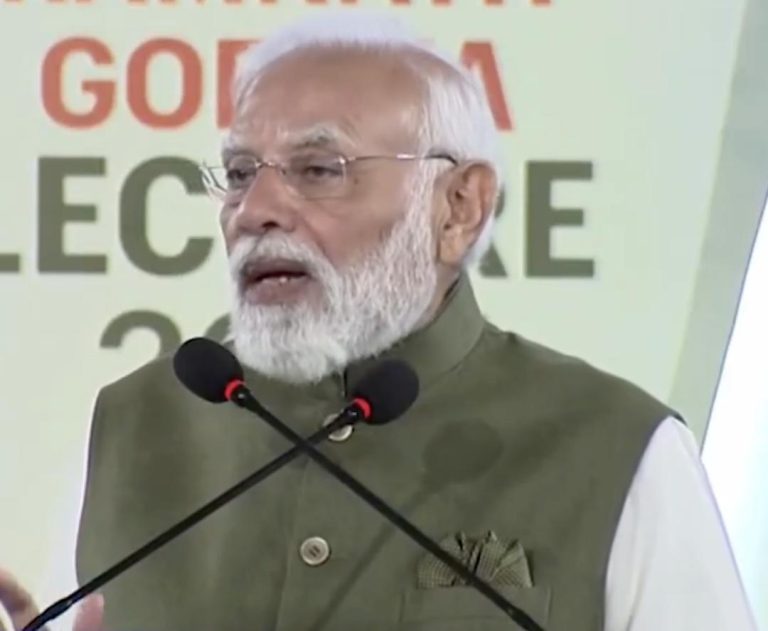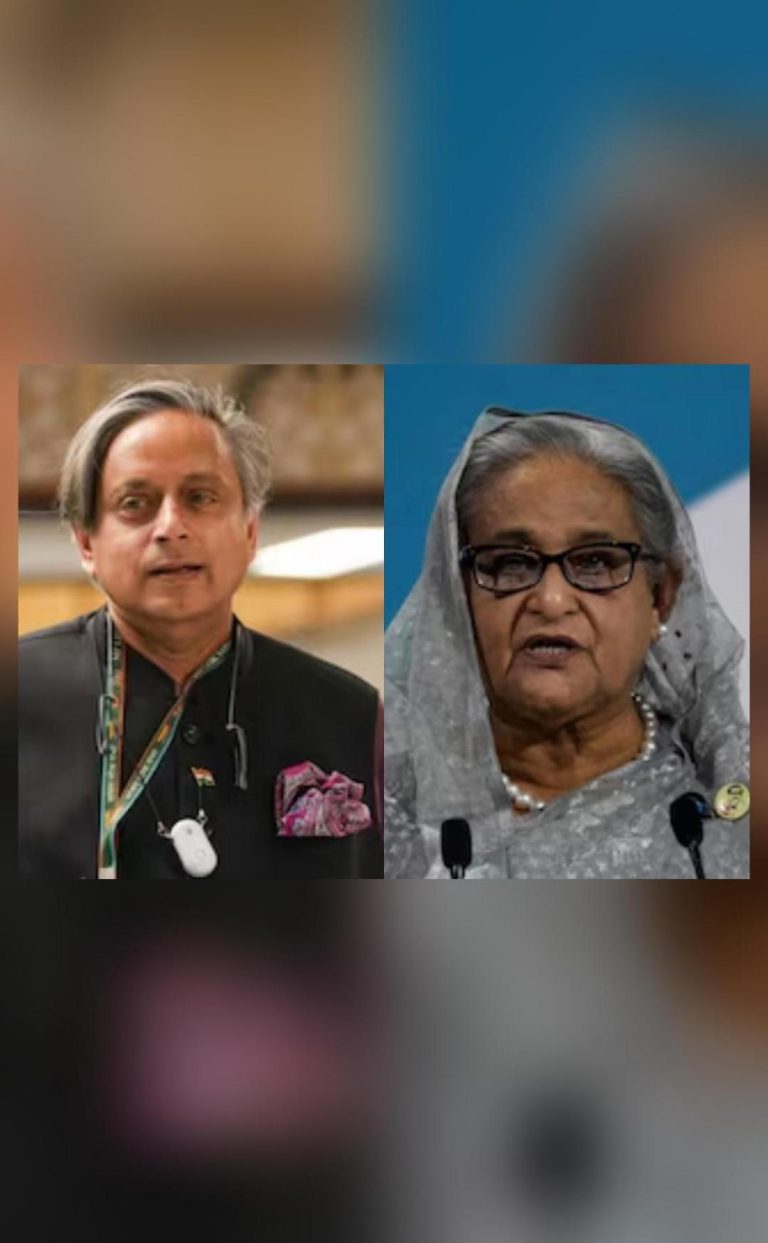
Why ask on social media & not in parliament: SC to Rahul on ‘land grab’ claim
In a recent development, the Supreme Court has rebuked Congress leader Rahul Gandhi over his claim that China had grabbed 2,000 square kilometers of Indian land. The court’s stern rebuke came while staying a defamation case against Rahul for his remarks about the Indian Army. The next hearing in the case is scheduled to take place after three weeks.
Rahul Gandhi’s statement, which sparked a national outrage, was made during a rally in Wayanad in 2020. He claimed that China had occupied 2,000 square kilometers of Indian land, which led to widespread criticism and condemnation from various quarters.
The Supreme Court’s observation has raised several important questions about the role of social media in shaping public discourse and the importance of responsible reporting. In this blog post, we will delve into the implications of the Supreme Court’s verdict and what it means for the future of public discourse in India.
The Verdict
The Supreme Court’s judgment is a stern rebuke to Rahul Gandhi’s reckless and irresponsible statement. The court’s observation that Rahul should have asked his questions in Parliament instead of on social media highlights the importance of responsible reporting and the need for fact-checking in public discourse.
The court’s observation is not without merit. In today’s digital age, social media has become a powerful platform for politicians to reach out to their constituents and shape public opinion. However, social media is also a breeding ground for misinformation and disinformation, which can have serious consequences for public discourse.
Rahul Gandhi’s statement, which was made without providing any credible evidence or proof, was widely shared and amplified on social media. This led to widespread outrage and condemnation, which could have been avoided if Rahul had provided credible evidence or proof to back up his claim.
The Importance of Responsible Reporting
The Supreme Court’s verdict highlights the importance of responsible reporting in public discourse. As the court observed, Rahul Gandhi’s statement was made without providing any credible evidence or proof, which led to widespread misinformation and confusion.
Responsible reporting is essential in public discourse because it helps to ensure that information is accurate, credible, and trustworthy. Responsible reporting also helps to promote critical thinking and analysis, which are essential in a healthy democracy.
In today’s digital age, the responsibility of reporting is more important than ever. With the proliferation of social media, news and information are being disseminated at an unprecedented scale and speed. However, this has also led to the proliferation of misinformation and disinformation, which can have serious consequences for public discourse.
The Role of Social Media
Social media has become an integral part of public discourse in India. Politicians, activists, and ordinary citizens use social media to express their opinions, share news and information, and engage in debates and discussions.
However, social media is also a breeding ground for misinformation and disinformation. Politicians and activists often use social media to spread false information and propaganda, which can have serious consequences for public discourse.
The Supreme Court’s verdict highlights the importance of responsible reporting on social media. As the court observed, Rahul Gandhi’s statement was made without providing any credible evidence or proof, which led to widespread misinformation and confusion.
Conclusion
The Supreme Court’s verdict is a stern rebuke to Rahul Gandhi’s reckless and irresponsible statement. The court’s observation that Rahul should have asked his questions in Parliament instead of on social media highlights the importance of responsible reporting in public discourse.
As we move forward in the digital age, it is essential that we promote responsible reporting and critical thinking in public discourse. This can be achieved by promoting fact-checking, verifying information, and promoting credible sources of news and information.
In conclusion, the Supreme Court’s verdict is a timely reminder of the importance of responsible reporting in public discourse. As we navigate the complexities of the digital age, it is essential that we promote critical thinking, responsible reporting, and credible sources of news and information.






